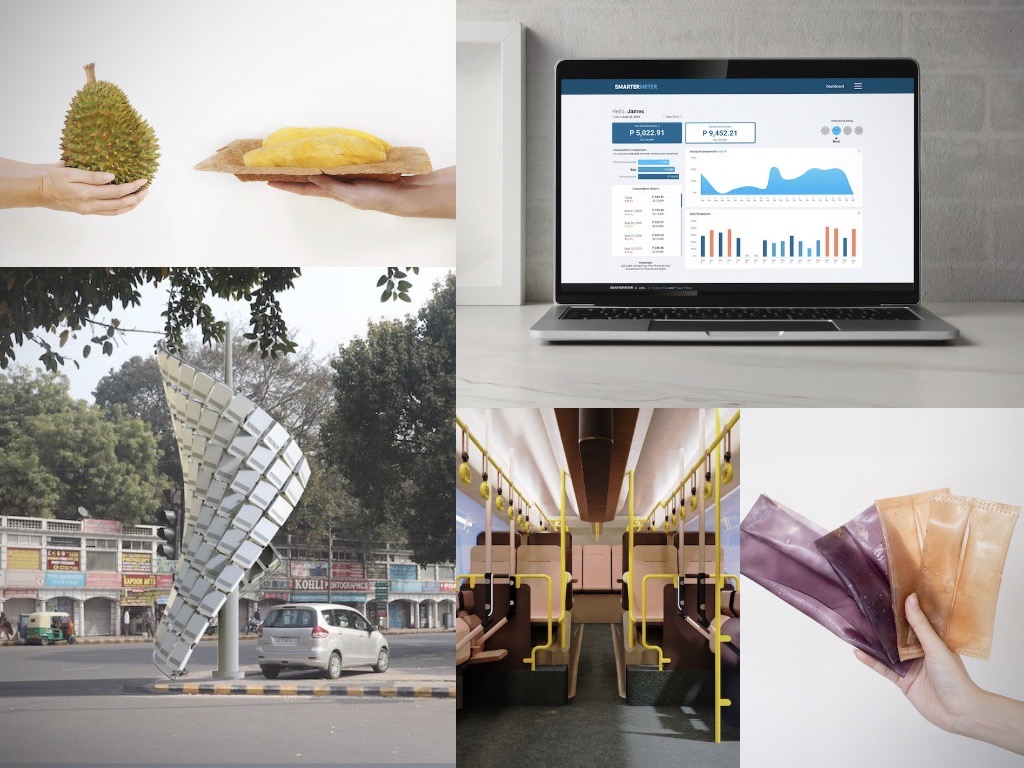4 Mins Read
Earlier this month, the Global Grad Show kicked off in Dubai for the sixth year to showcase 100 graduate projects from around the world that are designed to bring solutions to some of the biggest environmental and socio-economic issues, from chronic illnesses to waste management. This year, which drew entries from more than 60 countries, saw 22 concepts emerging from Asia that have the potential to have a real impact on the planet’s future. If you want to feel inspired about the state of the world and our future generations, this is the article for you.
Without further ado, we take a look at the 22 Asian entries that are now showcased through a multimedia interactive exhibition, conceptualised by students hailing from across the region from China and India to the Philippines, Singapore, Thailand, South Korea, Hong Kong and Japan.
1) De La Salle University, Philippines: Smart solar street lighting system that provides communities in rural regions with internet connectivity, access to renewable energy and better lighting.
2) Anteneo de Manila University, Philippines: A device that enables users to track their electricity consumption and bill in real-time to encourage mindful energy use.

3) Bangalore University, India: Over jacket made from bamboo fibre fabrics, which helps protect waste collectors from diseases when they work.
4) Pearl Academy, India: Flood emergency design to help people move safely from one place to another during situations of natural disaster emergencies.
5) IDC School of Design at IIT Bombay, India: Modular air purification system that is versatile and flexible enough to be applied in different environments and scenarios to ease air pollution.
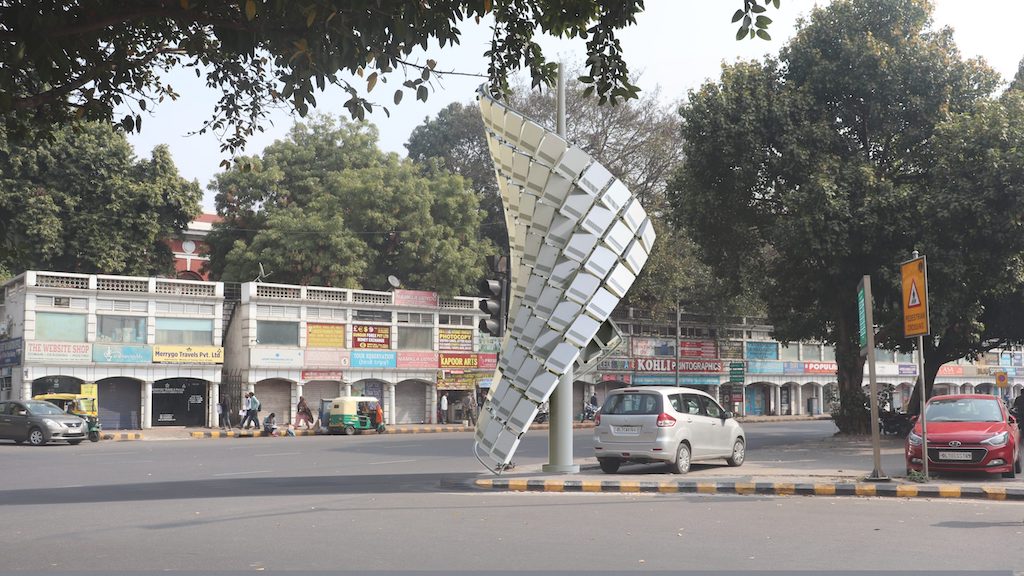
6) Indian School of Design & Innovation, India: A non-intrusive dissolvable thin sticker that resembles a band-aid and can display directions to help guide users to their destination or location.
7) National Institute of Design, India: A unique material made from recycled post-industrial fired ceramic waste, which can help reduce the need to mine natural resources by as much as 60%.
8) National University of Singapore, Singapore: Battling plastic pollution and reducing the need to produce more non-biodegradable plastics by using durian fruit as an alternative to styrofoam, one of the most difficult-to-recycle materials.
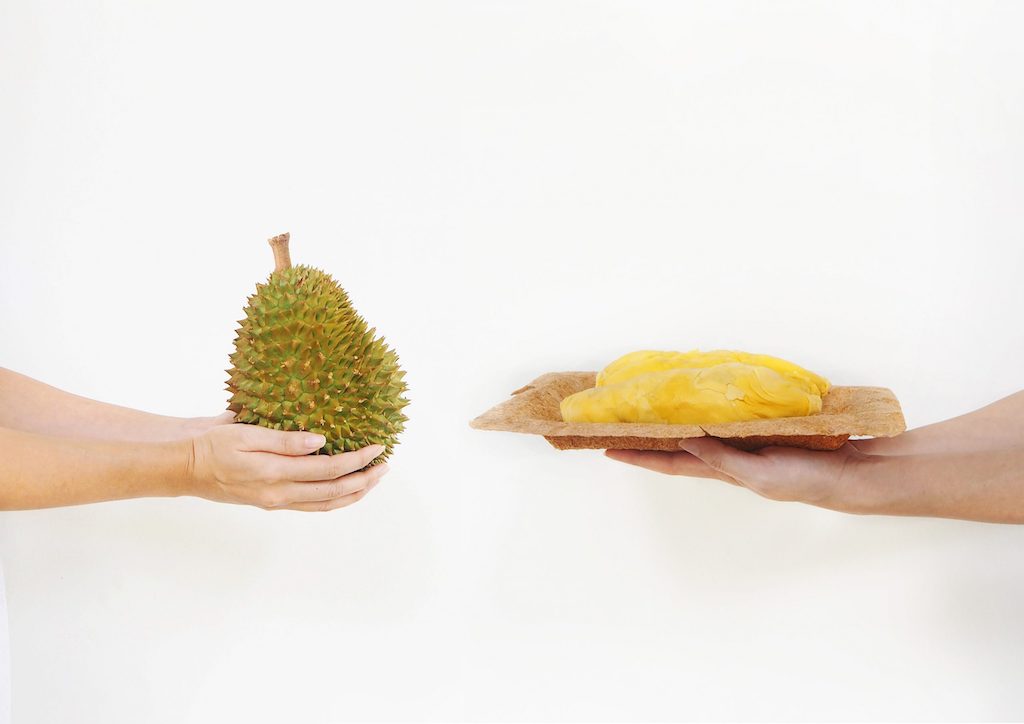
9) National University of Singapore, Singapore: A product that can help monitor and track the reproductive health stages for women.
10) Singapore University of Technology and Design, Singapore: Vending machines that encourage people to reuse disposable plastic bags and give them a second-life.
11) Chiang Mai University, Thailand: A dog waste scooper that is made from fruit waste, making it a low-waste and food-waste friendly alternative to traditional plastic versions.
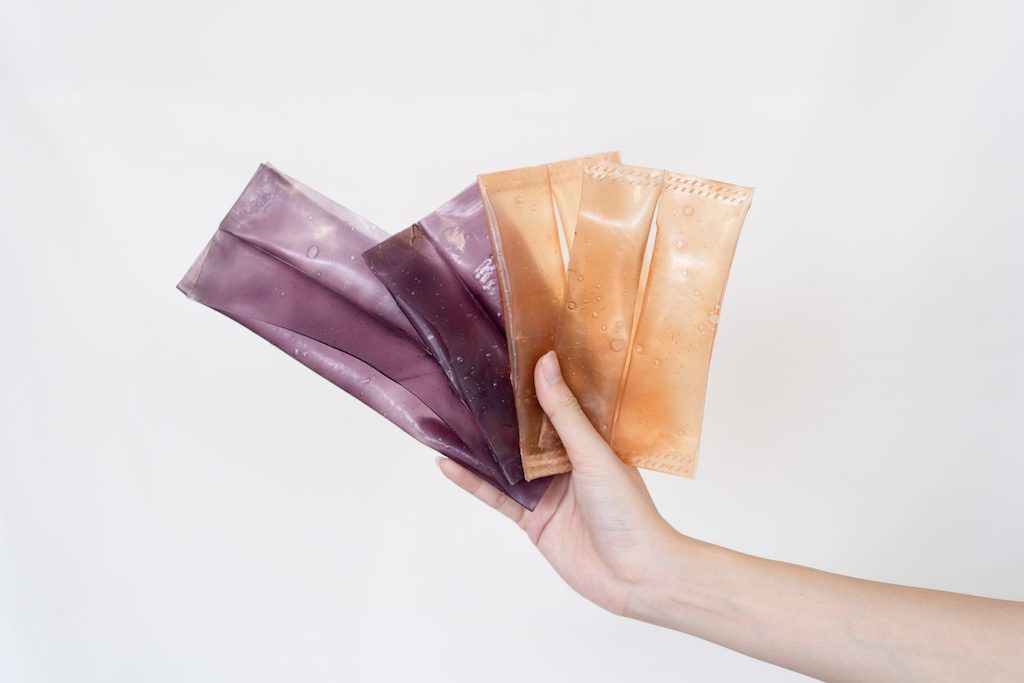
12) Samsung Art and Design Institute, South Korea: Pillows that prevent people from using their phones before they go to bed to improve sleep quality.
13) The Hong Kong Polytechnic University School of Design, Hong Kong: Future bus seats and ergonomic interior design solutions for ageing populations.
14) Pearl Academy, Indonesia: Low-cost portable water containers that allow for easy navigation.

15) Pelita Harapan University, Indonesia: A project that utilises the Papua Noken, a knotted net or woven material that is crafted from wood fibre and leaves by communities in the country’s Papua regions to create alternative products.
16) Keio University Graduate School of Media Design, Japan: Branding used to communicate instructions for consumers on practical steps to help solve humanitarian issues.
17) Zhejiang University, China: Renewable material holdings that provides safety for children who have to commute between home and school in rural mountainous areas.
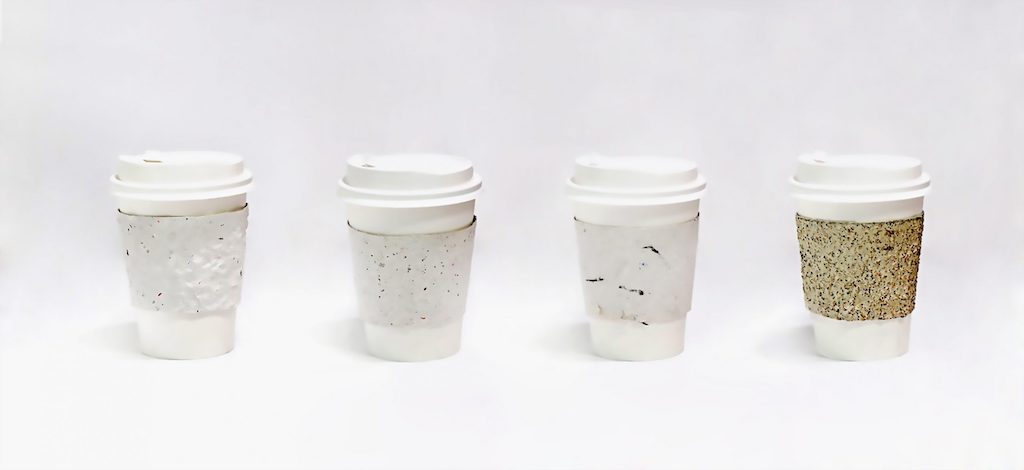
18) Central Academy of Fine Arts, China: Technology that detects and monitors real-time environmental data.
19) Hunan University, China: A sustainable looping product and system that offers a solution to air pollution caused by wheat straw incineration, turning wheat straws into pet food.
20) East China Normal University, China: Device that can recycle paper receipts and other household waste such as tea and coffee grounds into paper cup sleeves.

21) Tongji University, China: Inhalation drug treatment designed to help patients achieve greater inhalation efficiency.
22) Hunan University, China: A family program learning toolkit designed for children to educate them on scientific and technological inventions.
All images courtesy of Global Grad Show.

